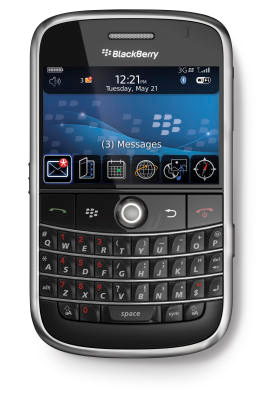 Top Class Action Lawsuits
Top Class Action Lawsuits
Putting the Squeeze on Coca-Cola. Well, maybe. Seems something’s going on down at the grove. First it was Tropicana, now Coke’s Simply Orange has been hit with a federal consumer fraud class action lawsuit this week over allegations it falsely advertises the Simply Orange orange juice as all pure and natural, when the juice is actually heavily processed and flavored.
Filed by Nezzie Rose Christina, on behalf of herself and all others similarly situated, the Simply Orange class action lawsuit claims that Coca-Cola has been falsely stating that the Simply Orange orange juice is “100% Purse Squeezed Orange Juice” and is “a pure, natural orange juice with a taste that’s the next best thing to fresh-squeezed.”
Well, you don’t have to be a chemist to squeeze an orange at home, compare the juice you get from that with what comes out of your grocer’s freezer, and see a difference—now do you?
So the Simply Orange class action lawsuit claims that Coca-Cola is deceptively promoting Simply Orange in order to take advantage of consumers’ preference for natural products and their willingness to pay a premium price for those products. “Mass marketed orange juice such as Simply Orange cannot be fresh squeezed as fresh squeezed orange juice is unstable and has a short shelf-life,” the lawsuit states.
The class action lawsuit alleges unjust enrichment, breach of express warranty, fraudulent concealment, and violation of the Missouri Merchandising Practices Act, and is asking for the return of the purchase price of the juice, plus interest, expenses, and attorney’s fees. This could be a juicy one! (Ok, ok—that’s bad, I know).
Top Settlements
Something to Bank on. One by one—it seems the banks are falling in line. Finally and at last. This week—it was US Bank—who agreed to pay $55 million to settle class action lawsuits that accused the bank of improperly manipulating its customers’ debit card transactions in order to generate excess overdraft fee revenues. The lawsuits, part of multi-district litigation involving more than 30 different banks entitled In re Checking Account Overdraft Litigation, are pending before U.S. District Judge James Lawrence King in Miami.
The US Bank class action lawsuits claim that the bank’s internal computer system re-sequenced the actual order of its customers’ debit card and ATM transactions, by posting them in highest-to-lowest dollar amount rather than in the actual order in which they were initiated by customers and authorized by the bank. According to the lawsuits, U.S. Bank’s practice resulted in its customers being charged substantially more in overdraft fees than if the debit card and ATM transactions had been posted in the order in which they were initiated and authorized.
FYI—US Bank is not the first bank involved in this multi-district litigation to settle similar claims. In addition to a $410 million settlement with Bank of America approved last year, settlements with JPMorgan Chase Bank ($110 million), Citizens Bank ($137.5 million), TD Bank ($62 million) and PNC Bank ($90 million) have been announced in recent months.
Employee Rites? Here’s one for the little guy! An unpaid overtime class action lawsuit brought against Rite Aid Corp by its employees, looks likely to be settled, as the company has agreed to pay up to $20.9 million in a settlement of the federal class action.
The Rite Aid class action lawsuit was brought in December 2008, by a store manager from Georgia, who alleged violations under the Fair Labor Standards Act, specifically, that she was denied overtime payment.
The settlement combines 13 cases from various federal court districts in which Rite Aid assistant store managers and co-managers alleged they put in more than 40 hours of work some weeks, but were denied overtime because the company classified them as supervisors. According to the Rite Aid class action lawsuit, the workers’ duties did not include store or department management, and workers lacked the authority to hire or fire or directly supervise other employees.
The class action settlement was recently approved by US District Judge John E. Jones III. The settlement could affect 6,100 people in 31 states.
Ok—That’s a wrap. Happy Friday—see you at the bar!


